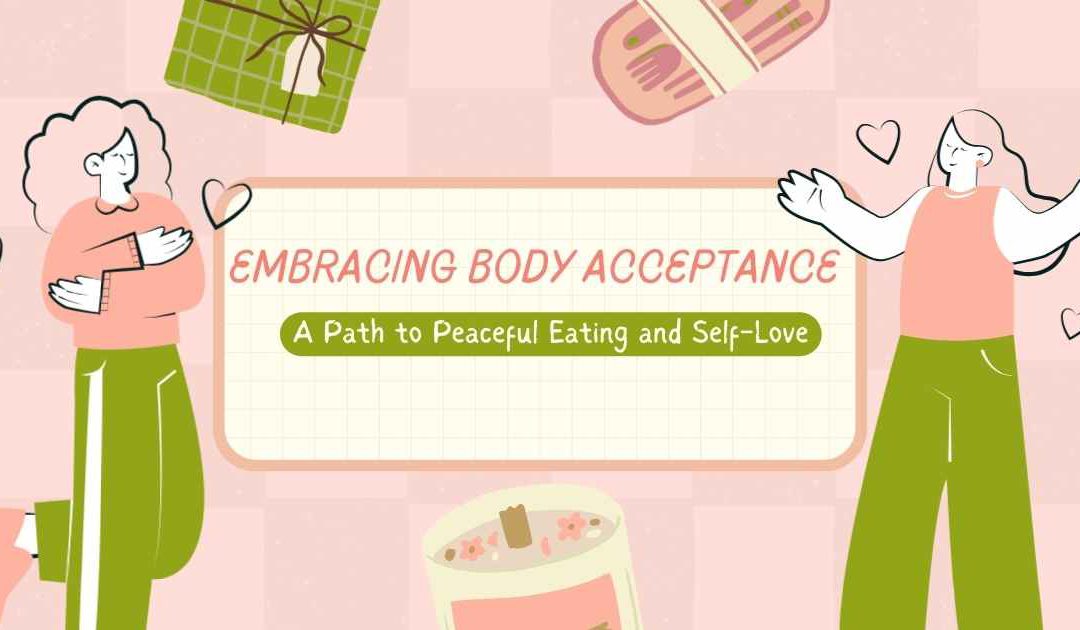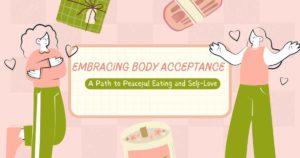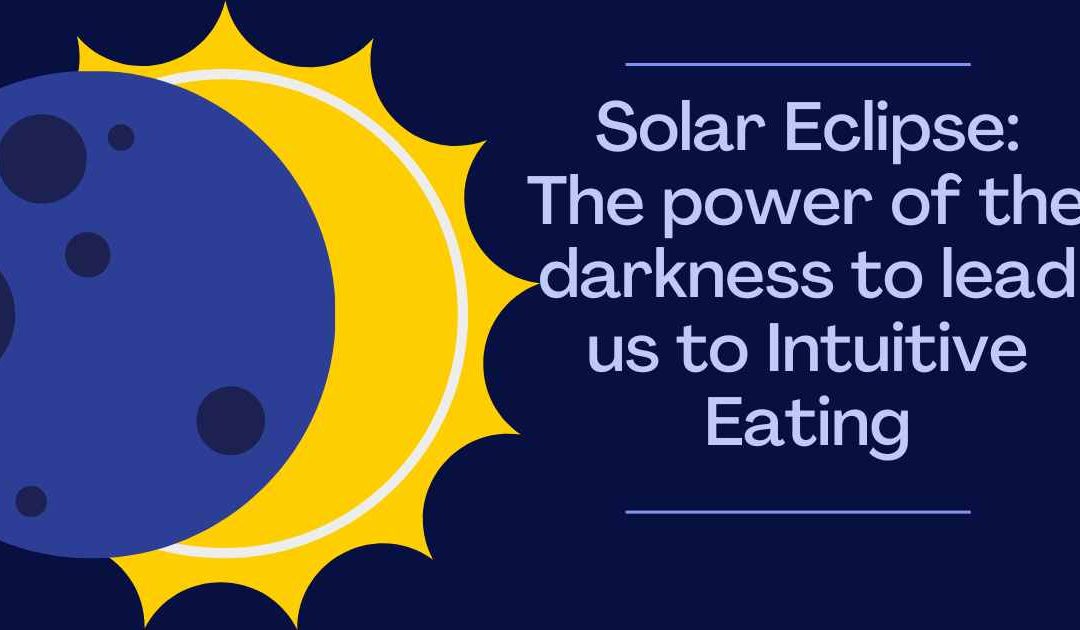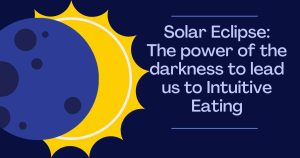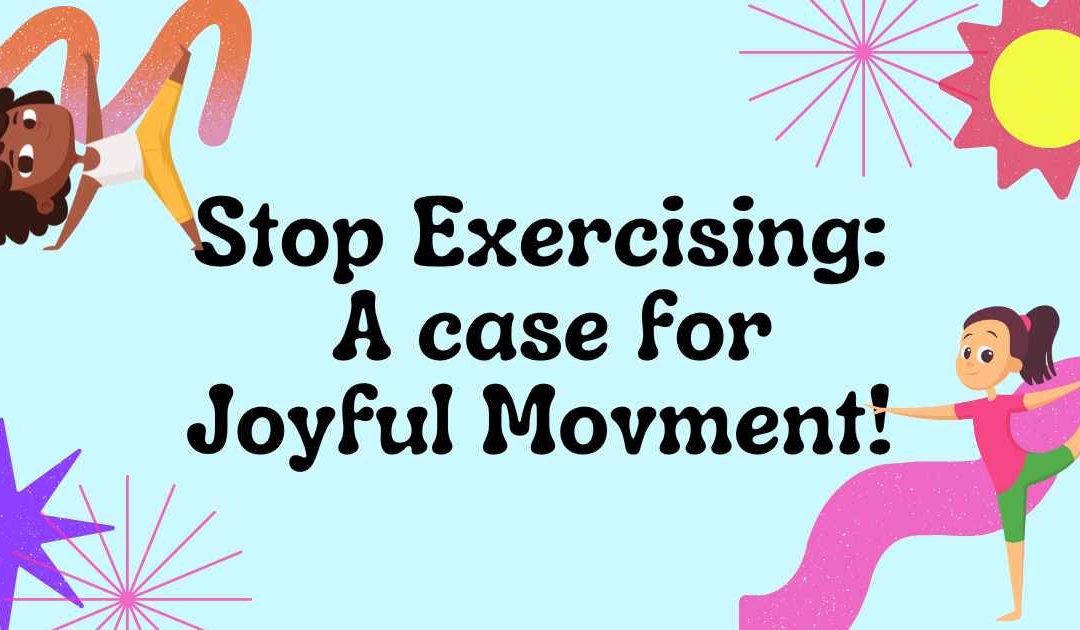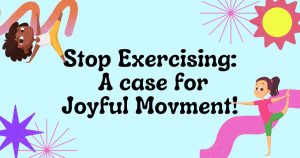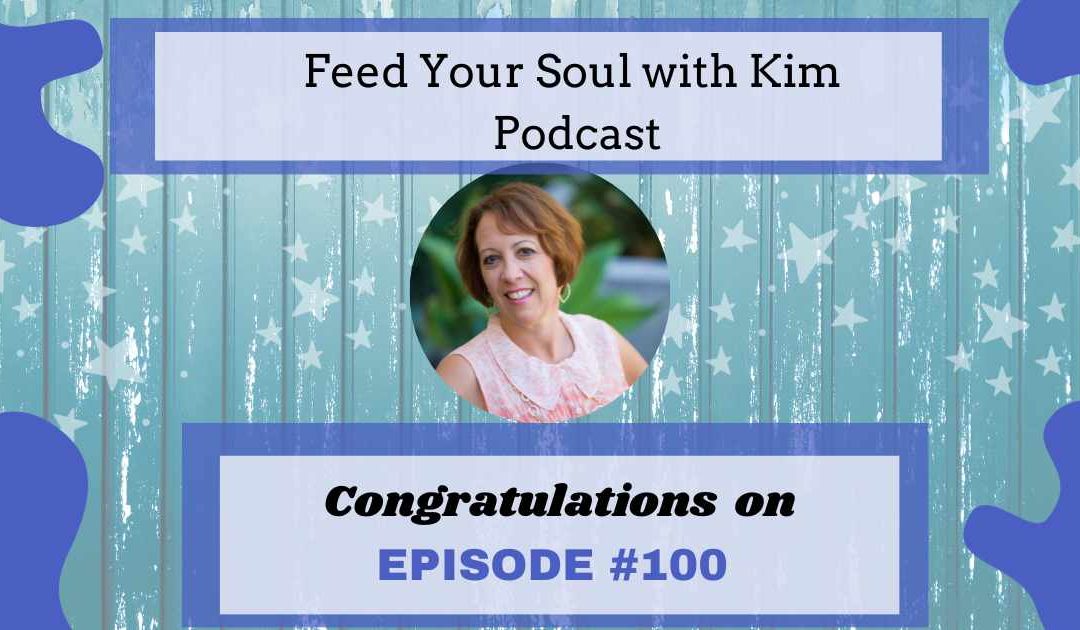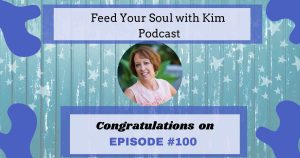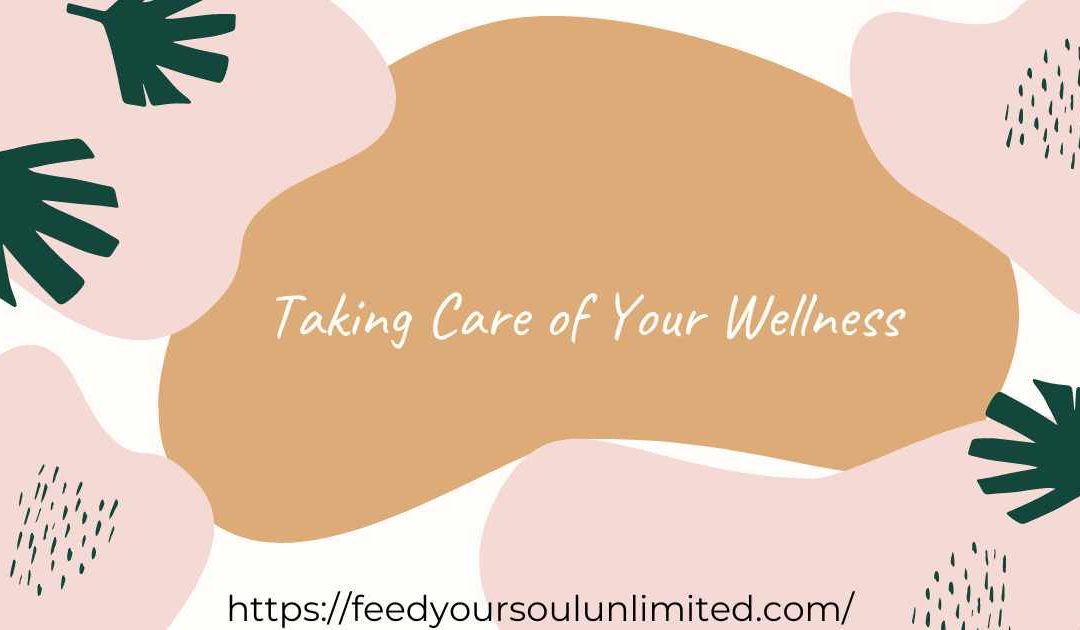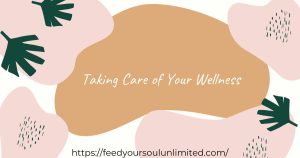
by KimMcLaughlin | Aug 9, 2024 | Emotional Eating





Do you find yourself constantly judging your body? Are you tired of feeling frustrated and overwhelmed by societal expectations?
You are not alone.
Many women struggle with body judgment, but the good news is that it doesn’t have to be this way. Let’s explore some strategies to help you end body judgment and make peace with your body.
What is Body Judgment?
Body judgment is a learned behavior that stems from societal standards of beauty and perfection. From a young age, we are bombarded with messages about what our bodies should look like, leading us to internalize these ideals and constantly compare ourselves to them. This constant comparison fuels body judgment and creates a negative cycle that can be difficult to break.
The impact of Body Judgment is negative.
Body judgment takes a toll on you. Some ways body judgment shows up is:
- Mental health (depression, anxiety)
- Body (yo-yo dieting)
- Self-esteem (feeling bad about yourself)
- Overall well-being
Constantly criticizing and condemning your body leads to low self-esteem, anxiety, and even disordered eating patterns. It hinders your ability to fully be present in your life and prevents you from embracing your true self. It’s time to break free from this destructive mindset.
You must shift your mindset about body judgment.
- Challenge societal standards. Recognize that beauty comes in all shapes and sizes. Begin questioning the unrealistic ideals presented by the media and challenge their influence on your perception of yourself.
- Practice self-compassion: Treat yourself with kindness and understanding. Remember that nobody is perfect, and it’s okay (and normal!) to have imperfections.
- Focus on what your body can do: Instead of fixating on appearance, shift your attention towards what your body can achieve. Celebrate its strength, resilience, and the amazing things it allows you to do. Even if you have some limited physical abilities, I challenge you to see what your body can do.
Cultivate a Positive Body Image.
First, surround yourself with positive influences. Follow social media accounts that promote body positivity and diversity. Listening to uplifting messages can help reshape your perception of bodies and beauty.
Second, engage in self-care activities. Take care of your body by engaging in activities that make you feel good. This could include movement, getting enough sleep, drinking more water, and nourishing yourself with nutritious foods.
Third, practice gratitude. Shift your focus from what you dislike about your body to what you appreciate about it. Each day, write down three things you are grateful for about your body.
Embrace Intuitive Eating as a form of Body Positivity.
Intuitive eating is a practice that involves listening to your body’s cues and honoring its needs. By adopting this approach, you can develop a more functional relationship with food and ultimately end the cycle of dieting and restriction.
- Reject diet culture:Recognize that diets are unsustainable and can lead to disordered eating patterns. Instead, focus on nourishing your body with foods that make you feel good.
- Tune into hunger and fullness cues:Pay attention to your body’s signals of hunger and fullness. Eat when you’re hungry and stop when you’re satisfied, allowing yourself to enjoy a variety of foods without guilt or judgment.
- Find joy in movement:Engage in physical activity that brings you joy rather than exercising to change your appearance. Choose activities that make you feel good both mentally and physically.
Seek assistance to move out of Body Judgment.
Ending body judgment is not an overnight process, and it can be challenging to do it alone. Consider seeking support from professionals who specialize in intuitive eating, positive psychology, or mental health. They can provide guidance and tools tailored to your specific needs.
In the end, it is time to break free from the vicious cycle of body judgment. By shifting our perspective, cultivating a positive body image, embracing intuitive eating, and seeking support when needed, we can make peace with our bodies and live a life free from constant criticism. Remember, you deserve love and acceptance exactly as you are. Embrace your uniqueness and let go of the judgment. You deserve to feel confident and at peace with your body.
Kim McLaughlin, MA is a Psychotherapist, Speaker, Author, and Coach who specializes in working with people who suffer from binge eating and emotional eating. She is a Certified Intuitive Eating Counselor. She is the author of the best-selling book Feed Your Soul Nourish Your Life! A Six Step System to Peace with Food and the Amazon #1 Best Selling book Discovery Your Inspiration.
You can find Kim on her podcast Feed Your Soul with Kim and you can find it on all podcast platforms.
Wondering if you are an emotional eater? Sign up for the free Am I an Emotional Eater Quiz.

by KimMcLaughlin | Apr 16, 2024 | Intuitive Eating





Did know the Solar Eclipse can give us some incredible insights into Intuitive Eating?
Recently, I started to hear about the solar eclipse. Friends of mine traveled to another state just to be in the path of the solar eclipse! I found the on-line Solar Eclipse tracker on-line and tracked its trajectory.
What is a Solar Eclipse?
Solar eclipses occur when the moon passes between the sun and Earth, casting a shadow on our planet. This alignment is a powerful reminder of the intricate dance between different elements in our lives. Just as the moon temporarily obscures the sun’s light, we may experience moments of darkness or struggle in our journey towards intuitive eating and body acceptance.
However, it is important to remember that these moments are transient, just like a solar eclipse. The sun always emerges from behind the moon, shining its light once again.
Similarly, we have the capacity to overcome challenges and emerge stronger in our relationship with food and our bodies.
There is a symbolism of Darkness and Light in overeating!
As in the Solar Eclipse, overeating can lead to a darkness that momentarily envelops us (feeling bad about ourselves). This darkness represents the shadows we often face in our relationship with food – feelings of guilt, shame, or restriction.
However, just as the sun eventually emerges from behind the moon, so too can we find light amidst these shadows.
Intuitive eating encourages us to embrace all aspects of our relationship with food without judgment or restriction. By acknowledging and accepting our dark moments, we can learn from them and pave the way for a more balanced and nourishing approach to eating.
I became even more interested in the power of the Solar Eclipse when my friend, Teresa Campos, offered her community a workshop on the symbolism of the Solar Eclipse. She told us when the moon is between the sun and earth it creates a shadow, which gives us an opportunity to see what shadows are showing up for ourselves. This workshop made me think further about the shadows in our lives around food, overeating and body image.
What are the Shadows in your life with food, body image and overeating?
- Where am I struggling with food?
- How do I struggle with my body image?
- Where is there the lack of forgiveness?
- Is there anger at myself or others?
These questions led me to inquire more about what I needed in my life.
The shadows are the undiscovered parts of us that are wanting to break through. The darkness of the eclipse is a metaphor to what shadows are going on in me. I can then move through it and the sun shines fully again.
Embracing Change: Lessons from the Transitory Nature of Solar Eclipses.
One of the most remarkable aspects of a solar eclipse is its transitory nature. It serves as a powerful reminder that change is inevitable and necessary for growth.
In our journey towards intuitive eating and body acceptance, we may encounter changes in our habits, beliefs, and perceptions.
Just like the moon moving across the sun, these changes can be transformative if we embrace them with an open mind and heart. By letting go of old patterns that no longer serve us, we create space for new experiences and a deeper connection with ourselves.
Here are some questions to start wondering about that deeper connection:
- Where is there some darkness in my life?
- What change is calling me?
- Where is my support to make this change?
Finding Balance: Exploring the Relationship Between Sun and Moon in Body Acceptance.
The relationship between the sun and moon during a solar eclipse teaches us about balance. The sun represents our desire for warmth, nourishment, and vitality, while the moon symbolizes our emotions, intuition, and inner world.
Similarly, body acceptance requires finding equilibrium between honoring our physical needs and nurturing our mental well-being. Just as the sun and moon complement each other’s existence, we too can find harmony by embracing both aspects of ourselves – our bodies and minds – in our journey towards self-acceptance.
The Power Within: Using Intuitive Eating to Navigate Challenges.
As we witness the power of a solar eclipse, we are reminded of the immense energy within us waiting to be harnessed.
There are many tools to guide us on this path.
- Looking through a positive lens (seeing the light).
- Practicing self-compassion (honoring our value).
- Building resilience (making pivots to increase our self-esteem).
We can navigate challenges with grace and strength. Just as the moon aligns perfectly with the sun during an eclipse, we too can align our thoughts and actions with our goals for intuitive eating, body acceptance, and mental well-being.
Reflecting on the lessons learned from solar eclipses, what can you apply to your own journey towards intuitive eating, body acceptance, and mental well-being?
- Take a moment to journal or meditate on what changes you are ready to embrace and how you can find balance in your relationship with food and your body.
- Consider seeking support from professionals or joining a community that aligns with your goals for further guidance and encouragement. You can join us in the Feed Your Soul Communityon Facebook.
- We would love for you to join us in Emotional Eating Solutions, our course to help you move into peace with food through Intuitive Eating.
Kim McLaughlin, MA is a Psychotherapist, Speaker, Author, and Coach who specializes in working with people who suffer from binge eating and emotional eating. She is a Certified Intuitive Eating Counselor. She is the author of the best-selling book Feed Your Soul Nourish Your Life! A Six Step System to Peace with Food and the Amazon #1 Best Selling book Discovery Your Inspiration.
You can find Kim on her podcast Feed Your Soul with Kim and you can find it on all podcast platforms.
You can learn more about Teresa Campos at https://teresacampos.com/
Wondering if you are an emotional eater? Sign up for the free Am I an Emotional Eater Quiz.

by KimMcLaughlin | Mar 5, 2024 | Emotional Eating, Movement





Stop exercising!!!
There I said it. I think exercising is ridiculous.
My clients often tell me they, too, do not want to exercise. They often ask me why they do not want to exercise. They know it is “good” for them, but they are unmotivated.
The people I talk to are motivated to exercise when they start a diet. Once they stop losing weight and stop the diet, then the exercise stops.
Aren’t we all supposed to want to exercise?
Merriam-Webster says physical exercise is:
- The regular or repeated use of a faculty or bodily organ.
- Bodily exertion for the sake of developing and maintaining physical fitness.
I have always thought exercise is something that I am supposed to want to do. I am supposed to want to be “physically fit,” whatever that might mean.
I, and many of my clients, do not resonate with the idea of exercise.
There are some powerful reasons not to want to exercise:
- Exercising is connected to the dieting cycle of restrict, binge, and shame.
- It can be hard and uncomfortable. Anyone who’s heard the term, “no pain, no gain” could agree.
- You sweat A LOT, which can lead to embarrassment about your size.
- Exercise can bring back the feelings from younger years of being shamed in P.E. class.
- Clothes don’t fit right or do not support you correctly.
- Your body is exposed through tight clothes. Gyms have LOTS of mirrors.
- The ongoing judgment of yourself not being able to perform a physical task.
- There is mental connection between exercise and dieting.
The list of why we do not exercise is long. When we have a history of eating disorders and disordered eating, there is plenty of baggage with exercise.
When my clients ask, why should I exercise? I respond you shouldn’t exercise.
Shocking right?
Even though exercise is loaded with baggage, we are in bodies and need to engage in movement.
Intuitive Eating calls it “joyful movement.”
We are meant to move our bodies in the way that works best for each of us. Everyone has a different level of capacity and ability.
Do what movement YOU can do.
We know from studies and experience that movement has many positive benefits:
- Can help decrease depressive symptoms. Movement can get us to increase the endorphins our bodies need to feel better. Note: movement is not the cure for depression, but it can be a helpful part of your treatment. If you are experiencing depression, please seek out a licensed mental health professional.
- Movement can help you sleep better. Being physically tired can be helpful.
- My esthetician says my skin looks better since I have been engaging in more movement.
- Lastly, we are in bodies that are made to be in motion and you get to define what that motion looks like.
What kind of movement should you engage in?
Here are some questions to help you figure it out:
First ask yourself, when I was younger what did I like to do?
- What did you like to do 10, 20, 30 years ago.
- What did you do as a child?
- Where is there passion for movement you had years earlier?
I liked to swim when I was younger and ride my bike.
Second ask yourself, which kind of movement brings me joy?
I often ask myself what kind of movement will bring me joy today?
This has led me to try many activities that I would not have normally tried like:
- Yoga
- Zumba
- Stand Up Paddle Board
- Hiking
As the years have gone by my answer to what movement brings me joy has changed.
I had been attending a gym for years and I was feeling bored there, and my intuitive voice said I need yoga. Now I have been going to a yoga studio for a few months, my joy has increased exponentially.
Third, determine what is fun to you NOW?
Ask yourself regularly, what would be a fun activity? I have been amazed how much I will step out of my movement comfort zone when I embrace what is fun. I will swing at the park, dance, and try aerial yoga (this was scary, but fun).
Honestly, having a history of food issues has led can lead you to reject exercise for many different reasons.
I encourage you to reject exercise, too.
This does not mean I am encouraging you to sit on the couch all day.
Lastly, embrace movement in a way that works for you.
For me, some days it is extra sweaty hiking, other days it is calm yin yoga.
Movement is critical to our body’s wellbeing. Disconnecting the movement from dieting is critical to enjoyment and it leads us to want to do it some more.
Be sure to get clothes and equipment that fit correctly and support you in all the right ways.
In the end, focus on engaging in joyful movement. Look at what you can do that is fun and be active. It is an opportunity to reconnect with your body in a way that is pleasing to you.
 Kim McLaughlin, MA is a Psychotherapist, Speaker, Author, and Coach who specializes in working with people who suffer from binge eating and emotional eating. She is a Certified Intuitive Eating Counselor. She is the author of the best-selling book Feed Your Soul Nourish Your Life! A Six Step System to Peace with Food and the Amazon #1 Best Selling book Discovery Your Inspiration.
Kim McLaughlin, MA is a Psychotherapist, Speaker, Author, and Coach who specializes in working with people who suffer from binge eating and emotional eating. She is a Certified Intuitive Eating Counselor. She is the author of the best-selling book Feed Your Soul Nourish Your Life! A Six Step System to Peace with Food and the Amazon #1 Best Selling book Discovery Your Inspiration.
You can find Kim on her podcast Feed Your Soul with Kim and you can find it on all podcast platforms.
Wondering if you are an emotional eater? Sign up for the free Am I an Emotional Eater Quiz.

by KimMcLaughlin | Nov 7, 2023 | Emotional Eating





In honor of the 100th episode of the Feed Your Soul with Kim Podcast, we asked our community (all of you) to submit your questions. Let’s see what you all want to know.
1) What are your thoughts on intermittent fasting?
This question is very timely with the rise of intermittent fasting.
These are two different approaches to eating.
First, intuitive eating is all about tuning in to your body’s natural signals and cultivating a healthy relationship with food.
Intuitive eating encourages you to listen to your hunger and fullness cues, honor your cravings, and find pleasure in eating.
It’s a mindful and flexible approach that emphasizes self-compassion and body acceptance.
On the other hand, intermittent fasting involves cycling between periods of eating and fasting. This method has gained popularity for its reported potential benefits. However, it’s important to examine intermittent fasting through an intuitive eating lens to understand its compatibility with this mindset.
From an intuitive eating perspective, it’s crucial to consider the underlying motivations behind utilizing intermittent fasting.
- Are you doing it to listen to your body’s needs?
- To feel more connected to your hunger and fullness signals?
- Or are you using it as a tool for restriction or weight control?
The problem with intermittent fasting is it requires you eat during a certain time block, say 8 hours during the day and then not eat for 16 hours.
Some individuals may naturally gravitate to a time-restricted eating pattern, based on their hunger/fullness.
Intuitive eating promotes individualization and flexibility.
You are encouraged to trust your body’s wisdom rather than adhering strictly to external rules or prescribed eating patterns.
I ask my clients to consider the questions:
- Does this feel like a diet?
- Are you restricting food?
- Do you eat when you are hungry?
An action step is to take a deep breath and listen to your body’s wisdom for what you need next.
What feels intuitively right for you?
It takes trust and embracing your own needs and values not based on a societal norm of restriction.
2) How can I have a day-to-day approach to my relationship with food focused on living life versus weight loss?
Imagine that you can wake up every day feeling empowered AND embrace food. To have the ability to make food choices from the needs of your body, rather than relying on what a diet guru tells you to do. Have a sense of peace in your relationship with food.
First, let’s look at breaking away from constant dieting and embrace a new perspective. I know this takes work, but there is a need to end the pursuit of weight loss and instead, focus on nourishing your body, listening to your body’s cues and look for food satisfaction.
This is a mindset shift that begins to lead you to food freedom.
Intuitive eating encourages you to trust your body’s innate wisdom.
Instead of rigid meal plans or calorie counting, listen to your hunger and fullness signals.
Take a moment to pause and ask yourself,
- Am I hungry?
- What foods would truly satisfy my cravings?
- How can I honor my body’s signals and cue to eat?
Second, let’s look at food pleasure. Food is meant to be enjoyed, savored, and celebrated. Give yourself permission to experience and enjoy the flavors, textures, and aromas of food.
A simple question to ask is, “Am I enjoying this food?”
Incorporating intuitive eating into your life takes a mindful approach. This can seem like a daunting task since others often discuss their latest diet.
Here are some ideas to incorporate intuitive eating:
- Surround yourself with a supportive community that champions intuitive eating.
- Seek out resources, books, or podcasts that inspire and educate you about intuitive eating.
- Get a supportive counselor, coach or registered dietitian who specializes in intuitive eating, guiding you on your journey towards food freedom.
It is critical to remember that this is not an overnight fix.
You do have the power to eat intuitively and enjoy your relationship with food.
3) “How can I reframe my ideas about food and nourishment to make overall well-being a priority rather than weight loss?”
It can be tough to look at food as nourishment when we are often taught to limit food and calories. It is a bold step to look at food as nourishment and part of our overall wellness (without restricting).
Start by appreciating the nourishment provided, the energy it instills, and the pleasure it brings to taste buds. It’s time to shift our focus from numbers on a scale to determine what health and wellness might look to each of us.
How do we start this movement from weight loss to food as nourishment?
Ask yourself…
- How can I honor my body, nurture it with nourishing foods that support my well-being?
- How can I savor each bite, finding joy in the flavors and textures that bring me happiness?
- How can I support myself fully mind/body/spirit?
It’s through these inquiries that we pave the way for a new, empowering perspective.
Start by challenging the status quo of diet culture. The diet industry makes a lot of money off us being brainwashed that we must be a certain weight to be accepted, healthy, and worthy.
Let’s get into action by examining your relationship to dieting, diets, and weight loss.
How did you get to the spot?
This self-reflection can lead you to question more of your mindset around food AND what you have been taught.
When we were little, we knew what to eat, how much, and when. We lost track of this inner knowledge a long time ago. Dieting takes us out of this inner knowing.
I know it can feel scary to think of being on your own with food. Seek out support. You do not have to do this alone.
4) What is intuitive eating and how can it help me develop a healthier relationship with food?
Intuitive eating is not another diet fad or quick fix. It’s a totally different way of looking at food, weight, bodies, emotions, and mindset around food.
Truthfully, it is about listening to your body’s internal cues, utilizing your body’s hunger and fullness signals, and making food choices from a place of what you really need.
First, intuitive eating is not restrictive, and it relies on your ability to determine your body needs at any point in time.
It can be scary to trust your body’s signals, pleasure, and satisfaction.
We tune inside of ourselves to listen to physical hunger and emotional hunger. We, also, tune into what foods will satisfy us.
The goal is to heal your relationship with food, by ending shame/guilt and the cycle of restriction and binging.
Second, intuitive eating is not just about the food; it is about your whole being: mind, body, and spirit. It’s a transformative journey that ripples into every aspect of your life.
Third, the path to intuitive eating is to:
- Start listening to your body.
- Follow your body’s signals.
- Release external rules.
- Look for a supportive group that embraces intuitive eating.
Remember, we are looking for a relationship with food that is nourishing, peaceful, and totally free from guilt.
It is important to consult with a qualified healthcare professional or registered dietitian who can guide you in making informed decisions about your eating habits. They can help you navigate the potential benefits and considerations of intermittent fasting and how it aligns with your overall well-being goals.
Kim McLaughlin, MA is a Psychotherapist, Speaker, Author, and Coach who specializes in working with people who suffer from binge eating and emotional eating. She is a Certified Intuitive Eating Counselor. She is the author of the best-selling book Feed Your Soul Nourish Your Life! A Six Step System to Peace with Food and the Amazon #1 Best Selling book Discovery Your Inspiration.
You can find Kim on her podcast Feed Your Soul with Kim and you can find it on all podcast platforms.
Wondering if you are an emotional eater? Sign up for the free Am I an Emotional Eater Quiz.

by KimMcLaughlin | Aug 29, 2023 | Self Care





Taking care of our wellness is critical in achieving our goals and ensuring our well-being. As we embrace National Wellness Month, we are reminded of the importance of self-care and finding balance in our daily lives.
National Wellness Month offers a chance for individuals and organizations to focus on wellness goals and explore ways to enhance health and happiness. This is a time to create routines, make healthier choices, and practice self-care.
There are many ways to move into wellness. Here are three essential ideas to help you on your wellness journey.
First, start to prioritize Self-Care.
Self-care is crucial in enhancing our overall well-being, but it can be challenging to make time for it in our busy lives. Taking care of yourself helps to reduce stress, improve moods, and increase energy levels. Self-care can take many forms, and it is up to you to decide what works for you.
Start with asking yourself:
“What is my form of self-care?”
Your needs for self-care are different than other’s needs. Make self-care a priority by setting aside time each day (preferably) or week for activities that nourish your body and mind.
This week my daughter started back to school, and my schedule is now changing, and I am relooking at where self-care will fit into my day. I have begun a more regimented morning routine. I am focusing on some quiet time and fun time with my daily Wordle.
Second, see where you are with your nutrition.
The food we eat plays a vital role in our overall health and wellness. In intuitive eating we call it Gentle Nutrition.
What you eat influences how you feel and the energy you have during the day.
When I focus on intuitive eating, I am more centered in my body and what it needs. I make decisions about my food that is right for me and my body.
We have been taught over the years not to pay attention to what our bodies tell us to eat, but to look to an external force (diet) to tell us what our right food is. Limitations of types of food set us up to binge and overeat. Check inside and see what your right foods are.
By focusing on gentle nutrition, we can power our bodies and minds to achieve wellness.
Third, make movement a habit.
Exercise is crucial in enhancing our physical AND mental health. It can improve our cardiovascular health, reduce stress, and boost energy levels. I like to call it movement, since there is a cultural idea that exercise should be hard.
It can be challenging to move your body regularly, so start small. Consider taking a walk in the morning or evening or incorporating yoga or stretching into your daily routine.
I have found it is critical to find an activity that I enjoy. When I like the movement, I will do it more often and more regularly. I had read that weight training was good for the body and increases our body capacity as we age.
That sounded good to me.
Over the last year I have engaged in regular weightlifting, and I find I enjoy it, so I do it more often.
Movement is a not to be missed part of your wellness but find what your form of movement is.
In conclusion, National Wellness Month offers us a chance to focus on our wellness goals. It is a reminder that we must come first in our day.
Prioritizing self-care, focusing on nutrition, and making movement a habit are essential ideas to promote a wellness path.
Remember to take small steps each day and find what works for you. Achieving wellness is not an end point, but a journey towards wellness.
I encourage you to have this month be a reminder to embrace wellness in all its many forms.
Kim McLaughlin, MA is a Psychotherapist, Speaker, Author, and Coach who specializes in working with people who suffer from binge eating and emotional eating. She is a Certified Intuitive Eating Counselor. She is the author of the best-selling book Feed Your Soul Nourish Your Life! A Six Step System to Peace with Food and the Amazon #1 Best Selling book Discovery Your Inspiration.
You can find Kim on her podcast Feed Your Soul with Kim and you can find it on all podcast platforms.
Wondering if you are an emotional eater? Sign up for the free Am I an Emotional Eater Quiz.
